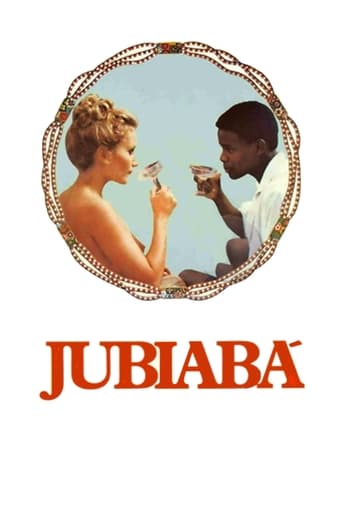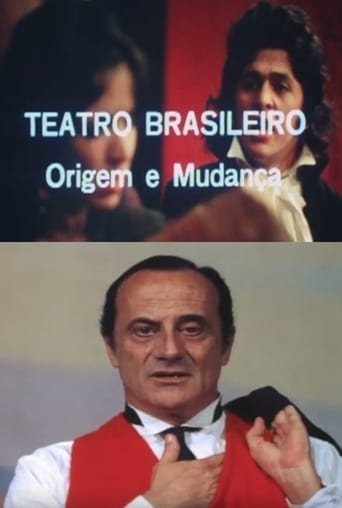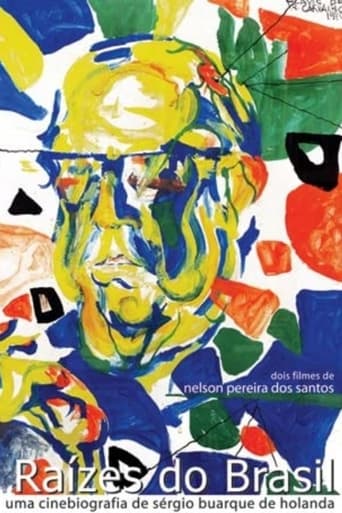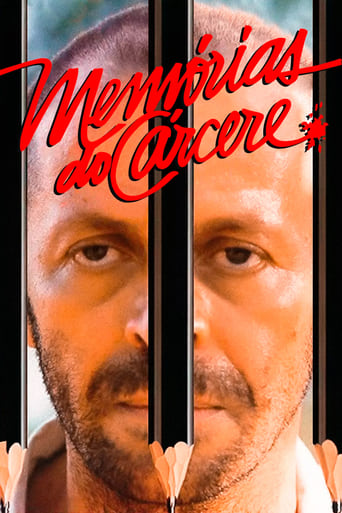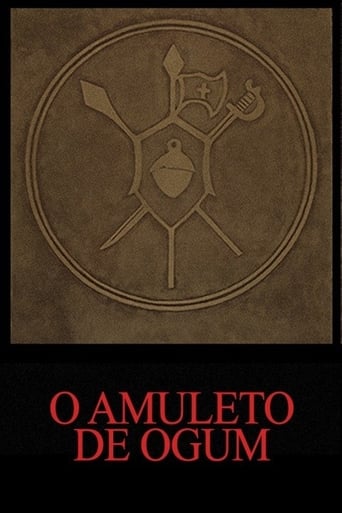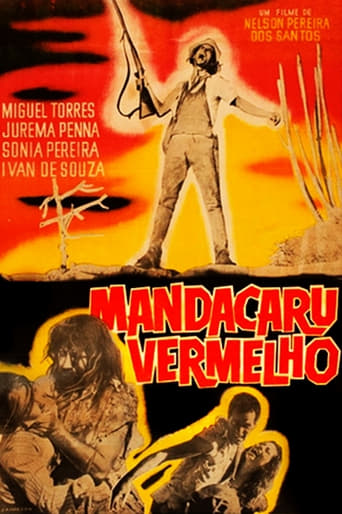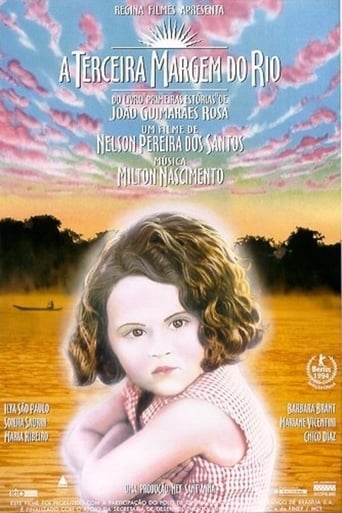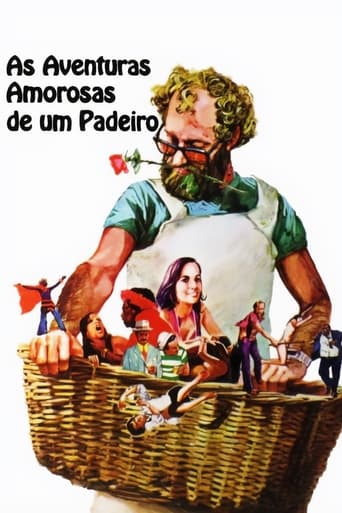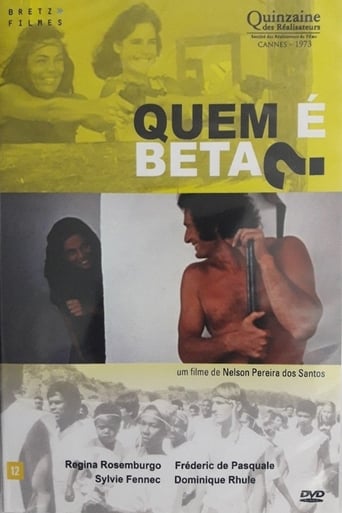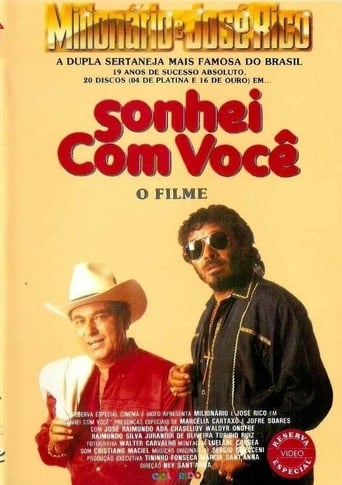Short musical film paying a tribute to samba composer Zé Ketti, one of the greatest popular artists of Brazilian music. In a jam session, in the late composer's house in Inhaúma, a neighborhood of Rio de Janeiro, a group of friends get together to play his music while a "feijoada" (typical Brazilian food with black beans)is being cooked in the kitchen. The samba-players, first-rate samba stars themselves, remember Ketti's great hits in a homage to the man who was best known as "a voz do morro" ("the hill's voice" - but hill as a metaphor for a place where poor people build their shacks in slums, in opposition to city, where middle-class people live in Rio). Among the guests, names of the traditional "samba-school" Portela and ex-partners. Also, the presence of a black hat on an empty chair, represents the composer himself, who died in 1999, after a life of many accomplishments in music, and appearance in three of Dos Santos's films: "Rio, 40 Graus", "Rio Zona Norte" and "Boca de Ouro".

